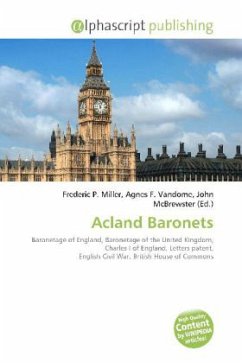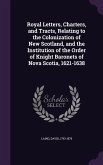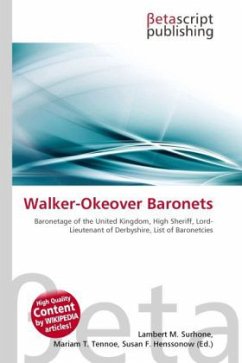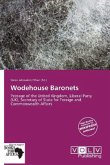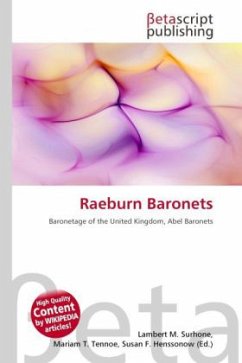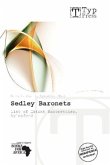Please note that the content of this book primarily consists of articles available from Wikipedia or other free sources online. There have been four Baronetcies created for members of the Acland family, two in the Baronetage of England and two in the Baronetage of the United Kingdom. The Acland Baronetcy, of Colum John in the County of Devon, was created in the Baronetage of England on 24 June 1644 for John Acland, a supporter of Charles I. However, the letters patent were lost in the confusion of the Civil War. He was succeeded by his son, the second Baronet. He died as a minor and was succeeded by his younger brother, the third Baronet. On his death the title passed to his son, the fourth Baronet. He also died young and was succeeded by his uncle, the fifth Baronet. On 21 January 1678 he was granted new letters patent, confirming him in the title, with the precedence of 1644. Acland later represented Barnstaple and Tiverton in the House of Commons. He was succeeded by his grandson, the sixth Baronet. He sat as Member of Parliament for Barnstaple. When he died the title passed to his son, the seventh Baronet. He represented Devon and Somerset in Parliament. Acland married Elizabeth, daughter of Thomas Dyke.
Bitte wählen Sie Ihr Anliegen aus.
Rechnungen
Retourenschein anfordern
Bestellstatus
Storno

